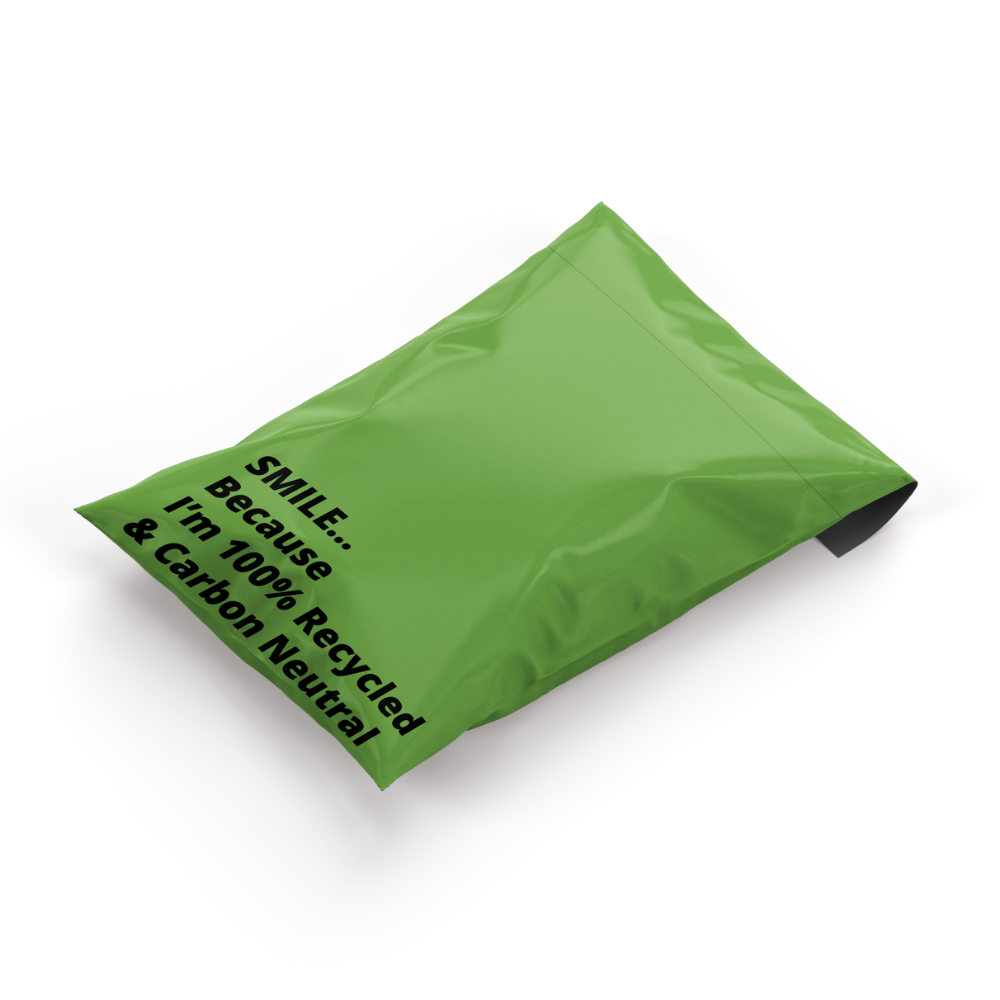Introduction
When it comes to selecting the right packaging for your products, it's important to weigh the pros and cons of each material. Paper and plastic are two popular choices, each with its own set of benefits and drawbacks. But here's the thing: there's no clear winner in the paper vs. plastic debate. It all boils down to understanding the unique advantages of each and making an informed decision based on your specific needs
Bottom line is: paper is not better than plastic and plastic is not better than paper
Let's dive into the benefits of paper and plastic packaging and compare each of them, so that you feel confident in picking the right choice for your unique packaging needs.
Plastic Packaging

Plastic packaging has been a staple in the industry for decades due to its versatility and durability. It is lightweight, water resistant, generally cheap, and can be used in a variety of applications. Unfortunately, it is not the most environmentally friendly option. Virgin plastic is made from petrol-based materials, meaning it is not biodegradable and produce a lot of carbon emissions from the extraction of fossil fuels. If your plastic packaging is virgin plastic, there is no environmental benefit of choosing plastic packaging. But, this changes if it is made from recycled plastic and continues to be recycled throughout its lifespan.
But here's where things get interesting: If your packaging is made from 100% recycled plastic and continues to be reused throughout its lifespan, it can rival the eco-friendliness of paper packaging. Additionally, 100% of recycled plastic mailers have a lower carbon footprint than 100% recycled paper mailers. When comparing to paper, plastic is more durable and has water resistance on its side. However, on the flip side is its impact on the environment if it ends up as waste or marine pollution, it becomes increasingly more harmful than paper packaging. Unlike paper packaging, plastic photodegrades in a marine environment, meaning it breaks down until smaller pieces from the sun, and does not completely break down like paper would. So, if your company prioritises fighting marine pollution, traditional plastic packaging may not be the best choice. However, opting for recycled plastic can still offer durability and functionality while reducing your carbon footprint.
Paper Packaging

If your business faces challenges with recycling such as limited access to facilities or low consumer recycling rates, paper packaging could offer a more sustainable solution for you. Opting for paper sourced from sustainably managed forests or 100% recycled paper can significantly reduce your environmental footprint. Unlike plastic, paper biodegrades rapidly and can be composted, making it a natural choice for eco-conscious brands. Paper also has a very high recycling rate, around 70%. This means that even if consumers don't actively recycle your packaging, there's a good chance it will find its way back into the production cycle. Whether it's composted into the earth or recycled into new products, paper packaging offers peace of mind when it comes to its end-of-life disposal.
However, paper isn't without its drawbacks. In wet environments, it is not as ideal as plastic. Its durability and integrity can be easily compromised during transit. Additionally, paper tends to be heavier than plastic, which could increase transportation-related carbon emissions for your business. And let's not forget, paper generally comes with a higher price tag. If price is something your business cannot compromise on, paper might not be the right option for you.
Conclusion
When it comes to choosing between paper and plastic packaging, there's no one-size-fits-all answer. Each material offers its own unique benefits and drawbacks, and the decision ultimately depends on your business's priorities and values. One thing to always remember is: recycled plastic or paper packaging is always going to be a better option than virgin plastic packaging. Virgin plastic is extremely harmful to the environment, so no matter what your choice is, as long as it is not virgin plastic you are significantly reducing your carbon emissions from that choice alone. Ultimately, whether you choose paper or plastic, making an informed decision based on your business's specific needs and values ensures that your packaging aligns with your overall sustainability goals. Check out our paper and recycled plastic products if you want to learn more about what we can do to help you reach those goals!






